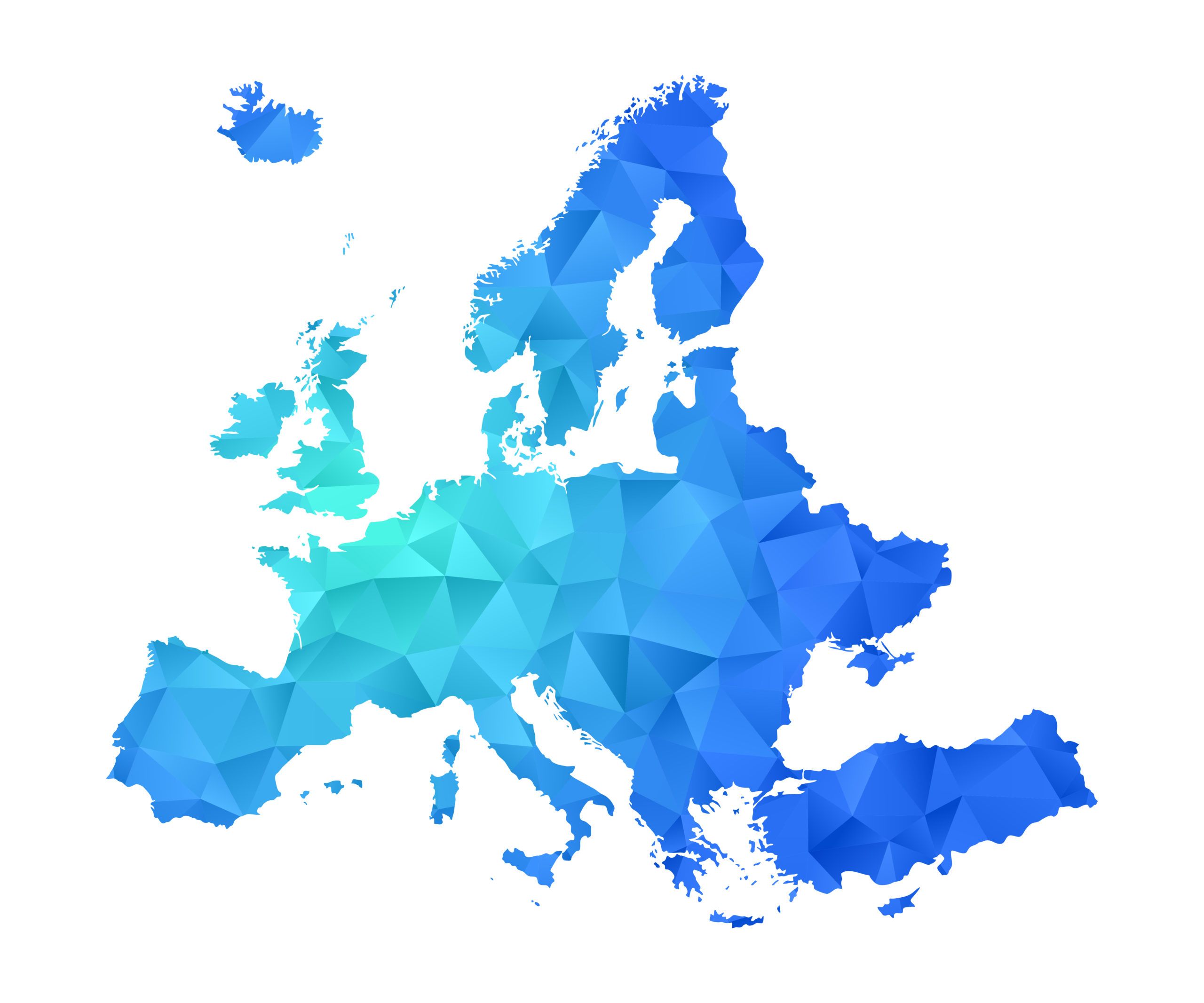
Publication
The sins of the parents Conceptualising adult-oriented reforms to family policy
Published February 2, 2023
A core element of a welfare state is the support that is provided to families with children, in recognition of the additional needs that dependent children create. Variation in the design, generosity and implementation of this provision is significant, reflecting underpinning perspectives towards children, families, and the state’s role in supporting them. Recent work by Mary Daly developed a new typology of social policy towards children, differentiating between ‘childhood-oriented’, ‘child-oriented’ and ‘family-oriented’ policies. In this paper, we explore how far this typology enables us to classify recent significant changes to social security support for children within the UK, in particular the 2013 benefit cap and the 2017 two-child limit. We propose that an extension to Daly’s typology is needed to make sense of these changes. We develop a new category of ‘adult-behaviour-orientated’ child-contingent policy, encapsulating policies that are directed towards children but made conditional on the behaviour of the adults in their household. We go on to analyse support for children across Europe through the lens of this extended framework.
For timely project updates, and nothing else
Your details are safe with us. We will never share them with anyone else, and it’s easy to opt-out at any time. Check out our privacy policy here.


